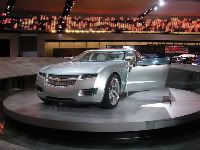Want To Deal with Overpopulation? Educate Women.
In a recent post about the wonderful book Beyond the Limits by Donella Meadows et. al., I lamented that there is no governing body with the power to do anything about the world energy policy and the overall sustainability of the planet.
If there were such a governing body, it seems obvious that the one action that should sit at the absolute top of the list of priorities is education – especially of females. Educated women don’t have 12 children. In fact, spending on women is generally a good idea. As a friend of mine says, “When you spend on men, you wind up with more Vespas and beer; when you spend on women, you get tighter, better educated, and smaller families. It’s something of a no-brainer.”







